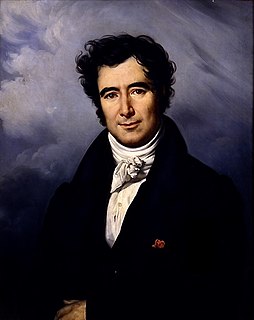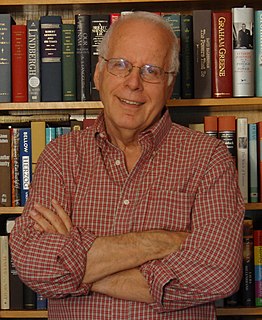A Quote by Napoleon Hill
It has always been my belief that a man should do his best, regardless of how much he receives for his services, or the number of people he may be serving or the class of people served.
Related Quotes
I felt that no boy should have to depend either for his leg or his life upon the ability of his parents to raise enough money to bring a first-class surgeon to his bedside. And I think it was out of this experience, not at the moment consciously, but through the years, I came to believe that health services ought not to have a price tag on them, and that people should be able to get whatever health services they require irrespective of their individual capacity to pay.
The man who has a certain religious belief and fears to discuss it, lest it may be proved wrong, is not loyal to his belief, he has but a coward's faithfulness to his prejudices. If he were a lover of truth, he would be willing at any moment to surrender his belief for a higher, better, and truer faith.
If a man withdraws his mind from the love of beauty, and applies it as sincerely to the love of the virtuous; if, in serving his parents, he can exert his utmost strength; if, in serving his prince, he can devote his life; if in his intercourse with his friends, his words are sincere - although men say that he has not learned, I will certainly say that he has.
I was often humiliated to see men disputing for a piece of bread, just as animals might have done. My feelings on this subject have very much altered since I have been personally exposed to the tortures of hunger. I have discovered, in fact, that a man, whatever may have been his origin, his education, and his habits, is governed, under certain circumstances, much more by his stomach than by his intelligence and his heart.
One who was born in the house of a warrior, regardless of his rank or class, first acquaints himself with a man of military feats and achievements in loyalty....Everyone knows that if a man doesn't hold filial piety toward his own parents he would also neglect his duties toward his lord. Such a neglect means a disloyalty toward humanity. Therefore such a man doesn't deserve to be called 'samurai'.


































